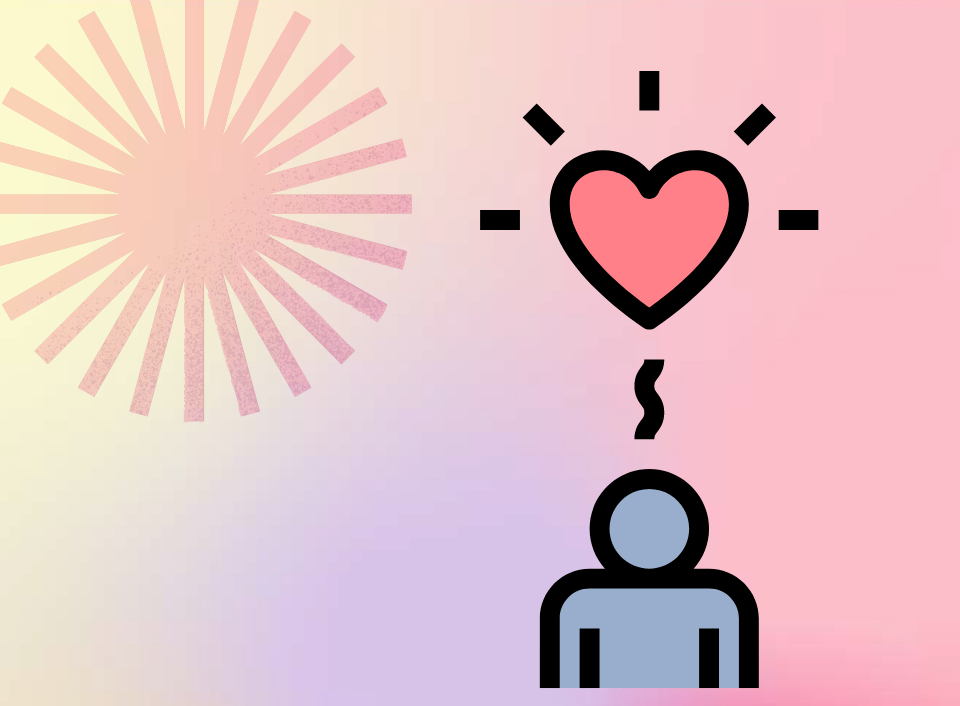Designers Mind is a community that raises awareness around the mental health and wellbeing of designers in the workplace and promotes openness and acceptance in hopes of reducing the stigma surrounding mental health. Through talks, and sharing strategies, resources and stories, Designers Mind improves the mental health and wellbeing of designers at work. In collaboration with Women in Lighting, Designers Mind hosted a discussion, “Can our work culture coexist with our wellbeing?”, to learn more about women’s experience in the lighting industry and discuss strategies to maintain wellbeing.
The panel included: Kaye Preston, interior designer, Holistic Health Coach, and the founder of Designers Mind; Kael Gillam, lighting designer and Designers Mind contributor; and Martina Frattura, lighting designer, member of the Women in Lighting Portugal, and Designers Mind contributor.
Although the discussion heavily surrounded the design community, the lessons learned extend to other industries. Kaye Preston began by explaining that all areas of our life, including work, social life, and our relationships, are connected like a spider web. If you grow or improve in one area, the whole web shifts, and if you struggle in one area, the web shifts as well. Many people unsuccessfully try to separate these different areas. A person may have a stressful job that allows her to make money to improve her personal life, but the stress simply shifts the web and does not necessarily improve other parts of her life. Instead, stress seeps into personal and social life and affects relationships. Because it is almost impossible to avoid stress, it is important to build a wellbeing foundation to support yourself during those times.
In the workplace, it is essential to surround yourself with supportive people. An open environment allows you to talk freely to the people around you. To have colleagues that are an extension of your family is also beneficial. It is very important to give positive reinforcement and express appreciation. Science has even proven that positive reinforcement is more effective than negative punishment.
Another critical aspect of a healthy environment is the ability to set boundaries and have others respect your limitations. Although this is very difficult in some industries, like the design industry where colleagues are sometimes the competition, there are other industries where this can be found more easily. At the end of the day, kindness is infectious, so starting the chain of kindness in the workplace can make a huge impact on the overall culture.
Another very important way to build a wellbeing foundation is to limit perfectionism and impostor syndrome. Perfectionism is toxic because it raises cortisol levels which has a negative physiological impact on the body. Making mistakes and learning is a part of success, and perfectionists need to embrace that.
Impostor syndrome occurs when someone doubts one’s abilities or feels like a fraud. Impostor syndrome disproportionately affects high-achieving people because they find it difficult to accept their accomplishments. Living in a state of impostor syndrome is unfavorable for wellbeing because it lowers confidence. Some ways to battle imposter syndrome is to admit your feelings, separate feelings from fact, and accentuate the positive. Perfectionism and impostor syndrome often come together so addressing both will help improve wellbeing.
Finally, treating your body as a vessel of wellbeing is perhaps the most effective way to create a meaningful foundation. Staying active, having proper nutrition, and getting enough sleep are all essential. It is important to take time for yourself every day, whether that is yoga, mindfulness meditation, gardening, connecting to family, or some other form of stress management. Preston pointed out that it only takes 5 minutes to improve wellbeing. She gave an example where a colleague did a couple minutes of calf raises every day while she waited for her coffee. Although this seems like a small change in one’s daily routine, small changes slightly shift the web.
It is essential to change our mindsets and take time for our wellbeing. After all, the time we spend on ourselves helps us with every other aspect of our lives. Listen to the conversation in its entirety here.



